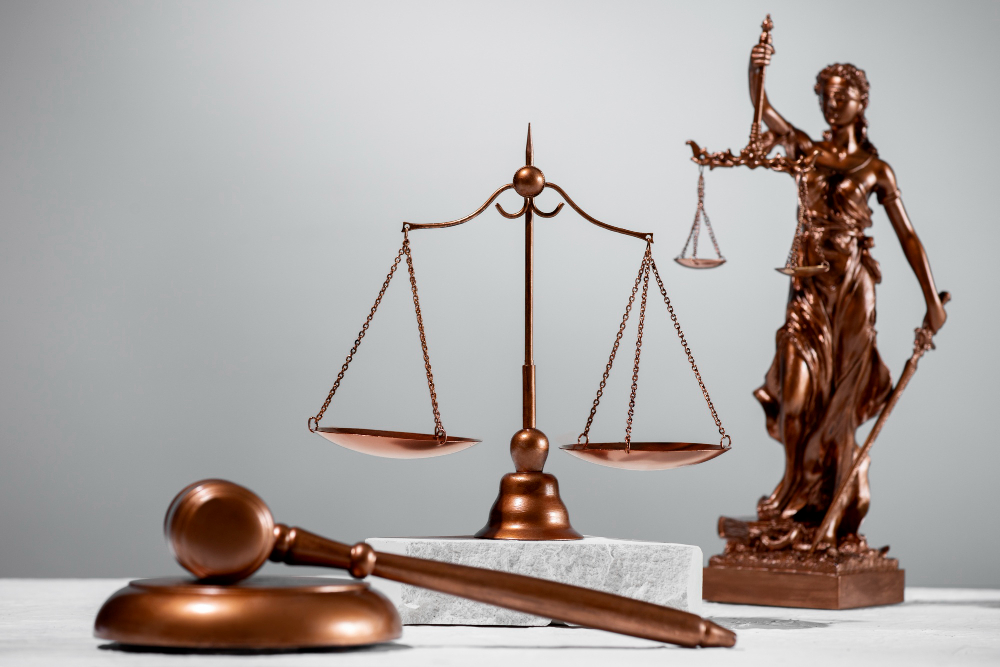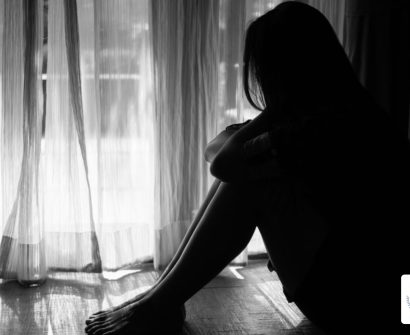
The rules and limitations set forth by the law serve as a constant deterrent to actions that go against public policy and the peace in society. Applying punishment and locking up the offender is a good way to lower the crime rate in a community. In its broadest sense, custody is defined as limiting a person’s freedom of movement.
However, it has been observed that in recent years, there has been a noticeable rise in the number of accused people dying and being brutalized while in police custody. Although many people have passed away while in police custody, the administration has not given it much thought.
Summary of the Case: dk basu vs state of west bengal
DK Basu Case Facts:
- Thedk basu case citation is (1997) 6 SCC 642.
- DK Basu oversaw the non-political organization Legal Aid Services, West Bengal, as its executive chairman. He wrote the Indian Supreme Court, alerting the court to a story about deaths in police custody and lockups that had been reported in a number of newspapers.
- The letter urged the courts to look into the case so that the victims’ families receive some sort of compensation, noting that such crimes of custodial violence consistently went unpunished despite the efforts made. He asked that the letter fall under the heading of “Public Interest Litigation” and be handled as a Writ Petition.
- The letter was regarded as a formal petition and the defendants were notified, given the importance of the matters raised in it.
DK Basu Case Issues:
- Are there more people dying in custody?
- Do the convicted individuals’ fundamental rights as outlined in Article 21 violate them?
- Is it necessary to have rules regarding arrests and detentions?
Contentions by the Petitioner:
- The petitioner contended that detainees’ physical and psychological suffering in police stations and other confinement facilities ought to be stopped. When there is physical abuse or sexual assault while under police custody, the trauma suffered is greater than what is currently covered by the law.
- The petitioner further argued that such practices should be outlawed because we are a civilized nation.
Contentions by the Respondent:
- The attorneys for several states and Dr. A.M. Singhvi claimed that everything was already well-established in each state. They expressed their opinions and helped the court by offering insightful analysis of different facets of the problem.
- They also recommended that the court set rules with the goal of lessening, if not completely eliminating, violence against prisoners and offering assistance to the families of those who pass away from torture while in detention.
dk basu judgment:
- The judgment was given on 18th December, 1996
- The judge bench comprised of Hon’ble Justice Kuldip Singh, Justice A.S. Anand and Justice JJ.
- If the constitutional obligation enforced has not been fulfilled, the remedy must be sought against the State when the right is guaranteed by the State.
- The right to life and personal liberty are protected by Article 21, which is interpreted to include the right to a dignified existence. Therefore, it additionally comprises a guarantee against abuse and harassment by the government or its agents.
- Protection from arrest and detention is ensured by Article 22. It stipulates that no one who has been arrested may be held in custody without first being informed of the reason for their arrest and that no one who has been arrested may be denied the opportunity to speak with and defend themselves by a lawyer of their choosing.
- A person accused of a crime is not allowed to be forced to testify against themselves, according to Article 20(3).
dk basu case General Guidelines
Along with the constitutional as well as statutory safeguards that must be adhered to in every instance of arrest and detention, the Court released a list of guidelines.
The following are the guidelines: –
- While conducting their investigation and questioning the accused, police officers have an obligation to refrain from using third-degree techniques.
- It is imperative to pay close attention to verifying that the working environment, training, and orientation of law enforcement officials align with fundamental human values.
- Section 114B must be inserted by the legislature in order to implement the recommendations made in the law commission report.
- A balanced approach should be taken by the police to elicit information from resolute criminals.
- At least one accused family member must be present when the arrest is made, and the responsible police officer must make a memo at the time of the arrest.
- Police officers are required by the Constitution to adhere to Articles 21 and 22(1).
- It is imperative to raise awareness of the arrestee’s fundamental rights at the time of the arrest.
- Additionally, the court has mandated specific preventive measures that the arresting police officer must adhere to.
The study comes to the conclusion that there are more people dying in jail in India, and several organizations express concern about this. There are both natural and artificial causes of death. However, in most cases, the public officers’ torture during the course of the investigation is what’s causing the death in custody. Laws both require and permit the questioning of an accused person; however, they also stipulate that no illicit means may be used in the course of the investigation.
For any latest news, case laws, judiciary exams notifications, patterns, etc watch Jyoti Judiciary’s YouTube channel for legal videos for any updates at https://youtube.com/@jyotijudiciarycoaching4852?si=2cwubh9d2A9urwJf









